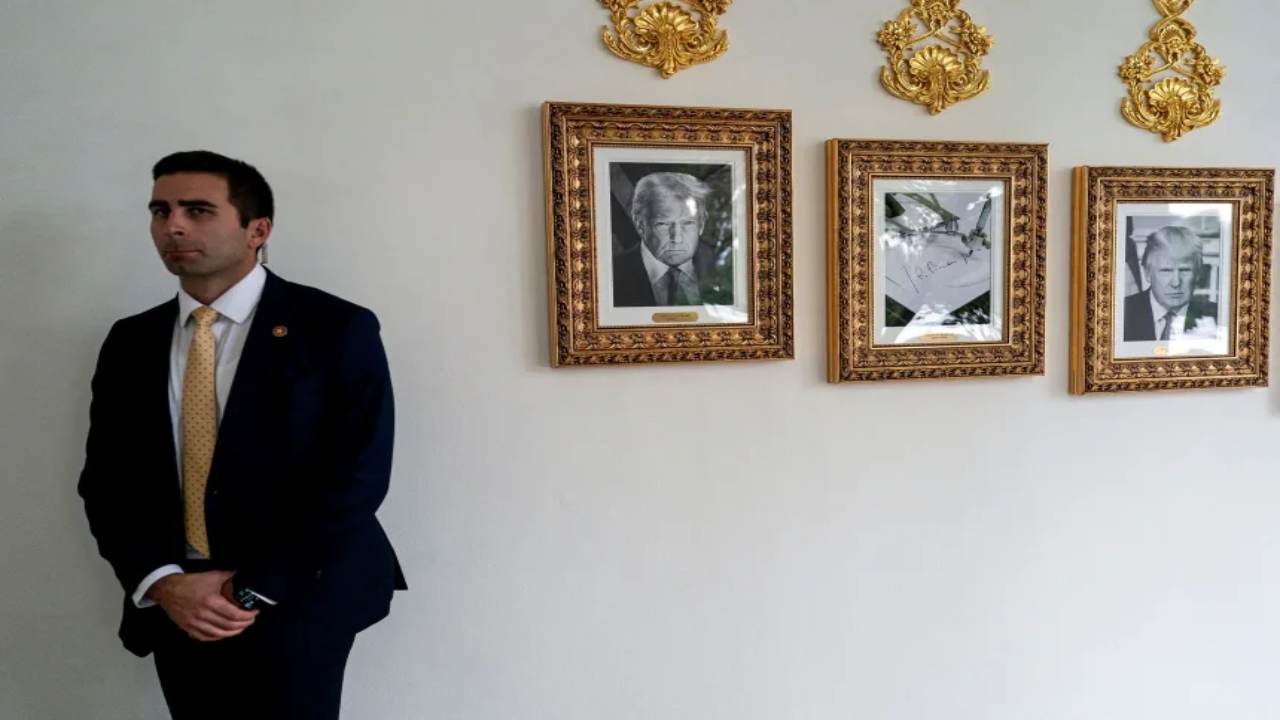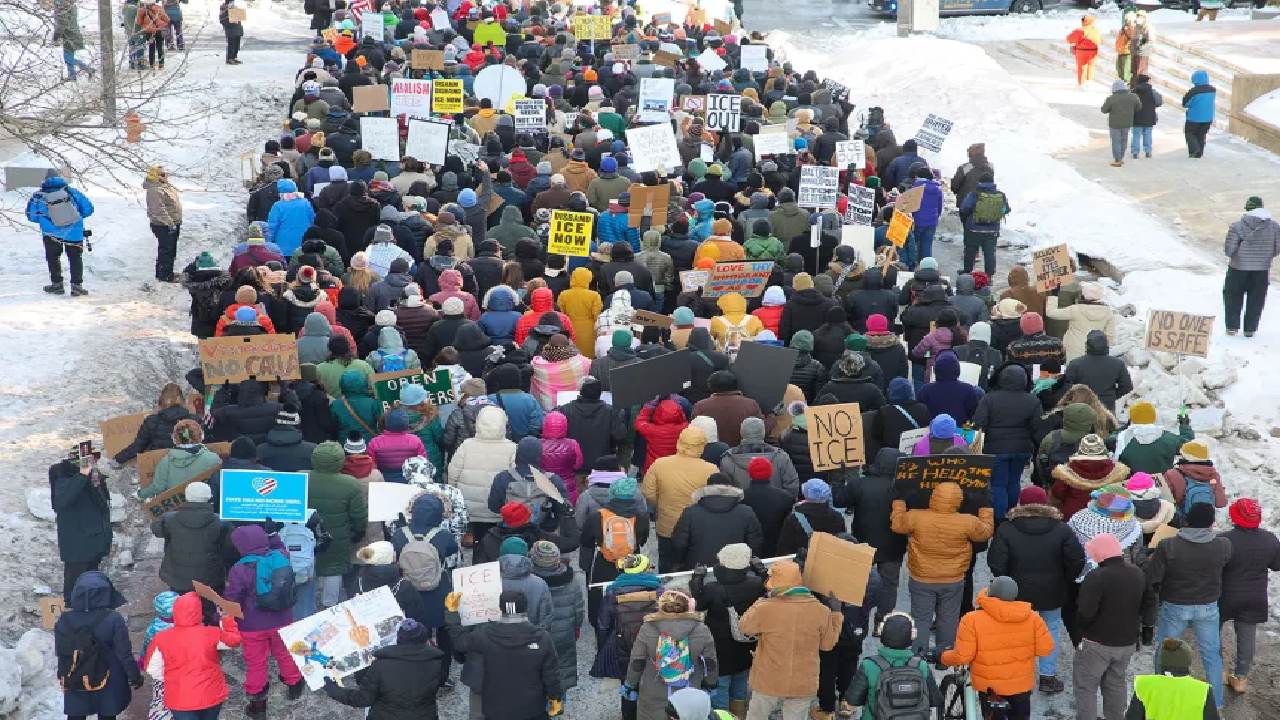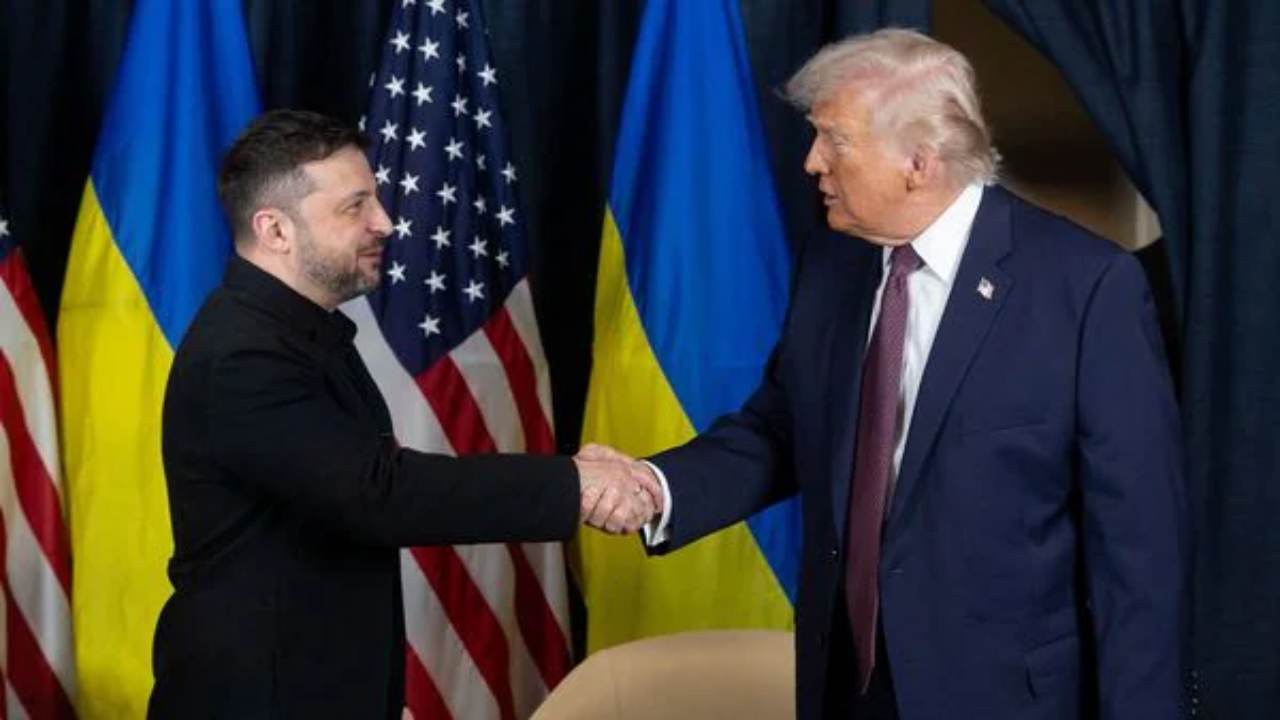GOP Oversight: Autopen Pardons ‘Void’? What the Final Report Says and What It Doesn’t
Ohana Magazine – The GOP-led House Oversight Committee has issued a striking claim: President Joe Biden’s pardons and commutations signed with an autopen may be “void.” In a letter to Attorney General Pam Bondi, the committee alleged that Biden’s cognitive decline raised doubts about whether he personally approved those actions. The report, spanning 93 pages, calls for the Justice Department to review the issue and consider potential prosecution for certain aides. However, the committee presented no direct evidence that anyone else made the decisions. Instead, it highlighted unclear documentation and missing records that fail to confirm Biden’s consent. These concerns center not on the machine itself, but on whether Biden authorized its use a distinction that could determine the legal weight of the argument.
Legal Tool or Sign of Misconduct?
The autopen a device that reproduces a person’s signature has been used by several presidents. In 2005, the Justice Department affirmed that its use is lawful if the president made the underlying decision. The Oversight Committee, however, insists Biden’s autopen actions lack proof of personal approval, making them invalid. Yet this argument clashes with long-standing legal precedent. Courts have ruled that a signature, whether penned by hand or device, is valid if it reflects the president’s will. Any attempt to overturn pardons would face steep legal challenges. In practical terms, declaring these acts “void” may be more political than constitutional, since there is no clear path to reverse official clemency.
“Read More : Trump Raises Tariffs on Canada by 10% After Anti Tariff Ad Sparks Tension“
Testimonies Without Proof of Misconduct
The committee’s report includes interviews with 14 former Biden aides, many of whom described a chaotic but routine White House process. Three aides Dr. Kevin O’Connor, Anthony Bernal, and Annie Tomasini invoked the Fifth Amendment, a right meant to protect against self-incrimination. Still, none of the testimony directly shows that Biden was uninvolved in key decisions. The committee did not subpoena Biden himself, leaving a critical gap in its investigation. From a legal standpoint, these findings point more to weak documentation than deliberate misconduct. The absence of written confirmation may look sloppy, but it does not equal illegitimacy.
A Sham Investigation
Democratic members of the Oversight Committee called the report “a sham,” claiming it was designed to undermine Biden’s legacy. Rep. Robert Garcia stated that every official confirmed Biden personally made all executive decisions. The White House echoed this, saying the investigation “proved nothing new” and urging Republicans to focus on reopening the government. Meanwhile, former Chief of Staff Jeff Zients admitted suggesting a cognitive test after Biden’s debate struggles, though Dr. O’Connor only “took it under advisement.” The GOP framed this as proof of mental decline, while Democrats dismissed it as normal workplace concern.
“Read More : Big Change: NCAA Lets College Athletes Bet on Professional Sports Starting November 1“
How Biden’s Record Stands Out
Biden granted 4,245 pardons and commutations, the most of any U.S. president. Nearly 96% were issued in the last months of his term. The Oversight report criticized this surge, noting that some recipients were violent offenders, despite earlier claims that clemency focused on non-violent cases. Internal Justice Department emails reportedly raised concerns about this mislabeling. Still, mass clemency near the end of a presidency is common. From a policy perspective, the real issue may be the vetting speed rather than the pardons themselves. Compressing hundreds of complex cases into weeks often leads to errors in communication but rarely to criminal violations.
Can Congress Nullify a Presidential Pardon?
Historically, the answer is no. The Constitution grants the president broad clemency powers, and once issued, a pardon is almost impossible to revoke. Even if Congress declares Biden’s autopen pardons “void,” the Justice Department would still need to act, and courts would likely reject the claim. Past legal opinions including one from 2005 support the use of autopen, provided the president authorized it. In short, unless there’s evidence that Biden’s aides forged his decisions, the pardons will stand. The Oversight report may stir public debate, but its legal impact appears minimal.
A ‘Game of Telephone’ or Routine Bureaucracy?
The committee described Biden’s clemency process as a “game of telephone.” Orders allegedly passed through multiple staff members including Ron Klain, Jeff Zients, and Neera Tanden before reaching the autopen operator. The report argues that this system lacked transparency and could enable misuse. Still, large administrations often rely on multi-layer sign-offs. The confusion may reflect inefficiency rather than deception. From a governance perspective, clearer logs and timestamped authorizations would help prevent similar disputes in the future. Strengthening record-keeping, not litigating old pardons, may be the most productive path forward.













